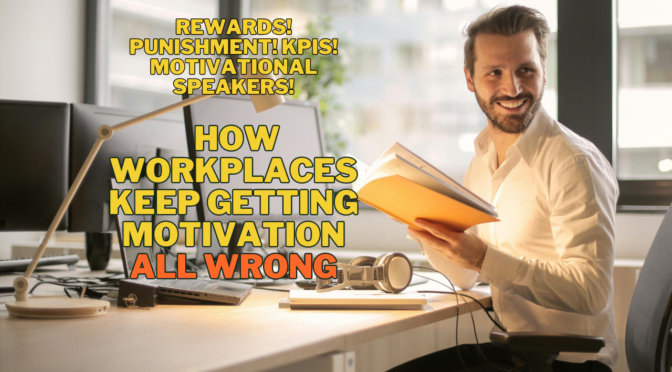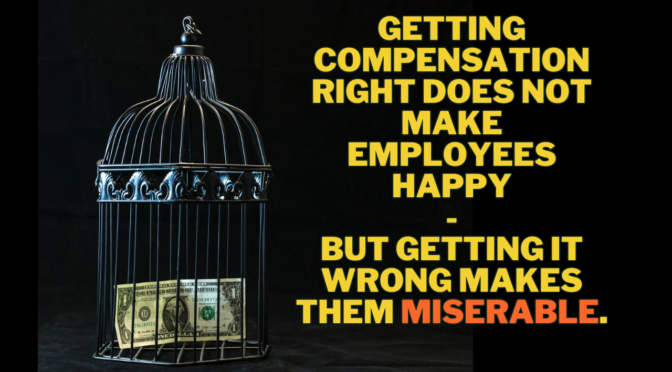Appreciative Inquiry is an extremely effective and fun method for introducing positive change. It bases itself on the assumption that improvement can be achieved by focusing on the positive and doing more of that. Normally when we try to improve something, we do the opposite. We focus on what doesn’t work, and try do less of that. AI (as it’s known) is just as effective – and a lot more fun.
This book is a (as the name suggests) a concise how-to guide to AI.
(more…)





